Indirect causes of stroke
On November 23, Dr. Dao Duy Khoa, Department of Neurology, University of Medicine and Pharmacy Hospital, Ho Chi Minh City, said that studies have recorded an increase in stroke rates when the weather turns cold. Regarding the cause, it is possible that cold weather is not an independent risk factor for stroke but indirectly affects many other factors.
Firstly, cold weather will cause vasoconstriction leading to increased blood pressure or unstable blood pressure.
Second, cold weather changes eating, exercise and living habits, making vascular risk factors more difficult to control.
Third, cold weather makes us feel less thirsty and drink less water, leading to blood thickening and easier blood clotting.
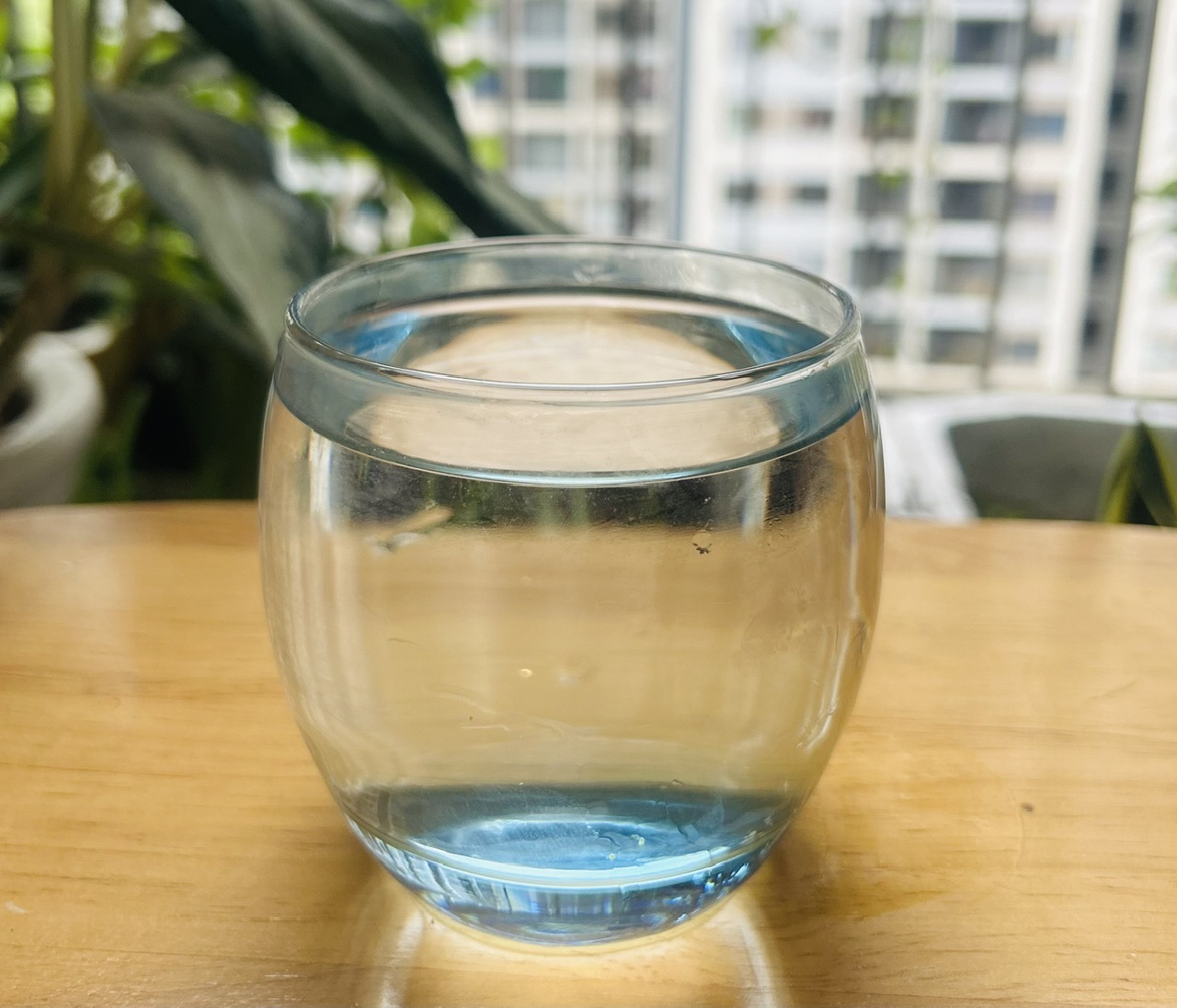
Drinking less water also causes blood to become concentrated and more likely to form blood clots.
Recognize the signs of a stroke
According to Dr. Khoa, the signs of stroke in cold weather are similar to other common signs of stroke. We can rely on the FAST principle to recognize the signs of stroke, including:
F (Face): The patient has signs of sagging on one side of the face, drooping eyelids. We can ask the patient to smile to observe both sides of the face to see if there is any imbalance, distortion to one side...
A (Arms - Arms): Arms and legs are tired, difficult to move, weak, paralyzed on one arm or one side of the body. The patient cannot raise both arms too high above the head at the same time, or lift the arms straight.
S (Speech): The patient stutters, has difficulty understanding, has difficulty speaking complete sentences, etc.
T (Time): When you see someone with one or more of the above signs, you need to call an ambulance as soon as possible so that the patient can receive timely intervention, limiting complications caused by stroke.
Prevent the risk of stroke when the weather turns cold
Doctor Duy Khoa said that for prevention, we cannot change the weather, but we can keep our bodies warm when going out in the cold, avoid sudden changes in body temperature, maintain exercise habits and avoid harmful habits such as smoking, drinking alcohol. Maintain a regular medication regimen (if you have underlying diseases such as high blood pressure, diabetes, etc.) and have regular health check-ups.
People with low resistance should take note
Specialist Doctor 2 Huynh Tan Vu, Department of Day Treatment, University of Medicine and Pharmacy Hospital, Ho Chi Minh City - Branch 3, shared that in the cold weather at the end of the year, to prevent stroke, people with low resistance such as the elderly, children, pregnant women... should not go out in the cold wind suddenly. Especially in cold regions, when waking up in the morning, you should not rush out of bed but should stay in bed, do some light exercise to let the body warm up gradually and adapt to the outside temperature.
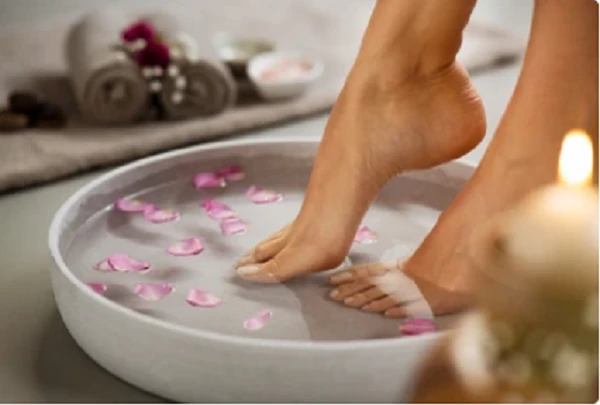
Soaking feet before bed helps improve blood circulation
"Maintain the habit of drinking a glass of warm water before going to bed and after waking up, eat warm food," Dr. Vu shared.
In addition, oriental medicine believes that the feet are the "second heart of the body" with many important acupuncture points. If the feet are cold, the blood vessels in the hands and feet will contract, reducing blood circulation. "Therefore, before going to bed, you should massage and soak your feet in warm water or herbs, dry them and wear socks (if the weather is cold). This not only helps blood circulation, reduces the risk of disease but also helps improve sleep quality. When soaking your feet, be careful not to suddenly put your feet in hot water, while the weather is very cold, which can easily lead to the risk of heat shock and blood vessel rupture," Dr. Vu shared.
Source link


![[Photo] Looking back at the impressive moments of the Vietnamese rescue team in Myanmar](https://vstatic.vietnam.vn/vietnam/resource/IMAGE/2025/4/11/5623ca902a934e19b604c718265249d0)


![[Photo] "Beauties" participate in the parade rehearsal at Bien Hoa airport](https://vstatic.vietnam.vn/vietnam/resource/IMAGE/2025/4/11/155502af3384431e918de0e2e585d13a)



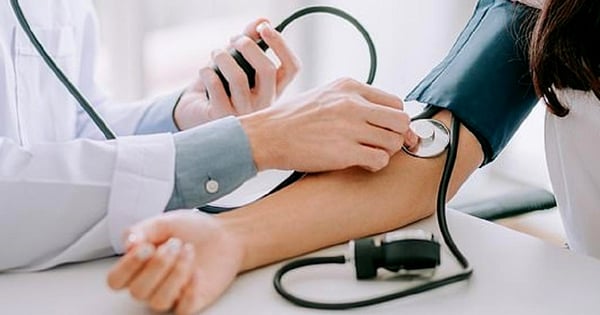

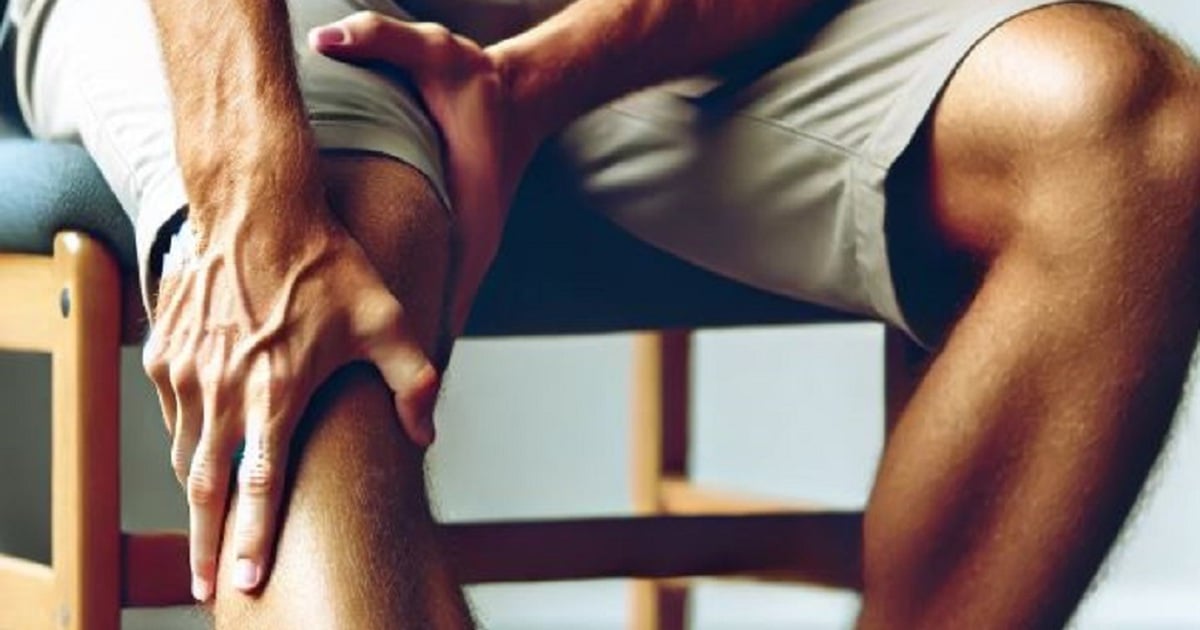





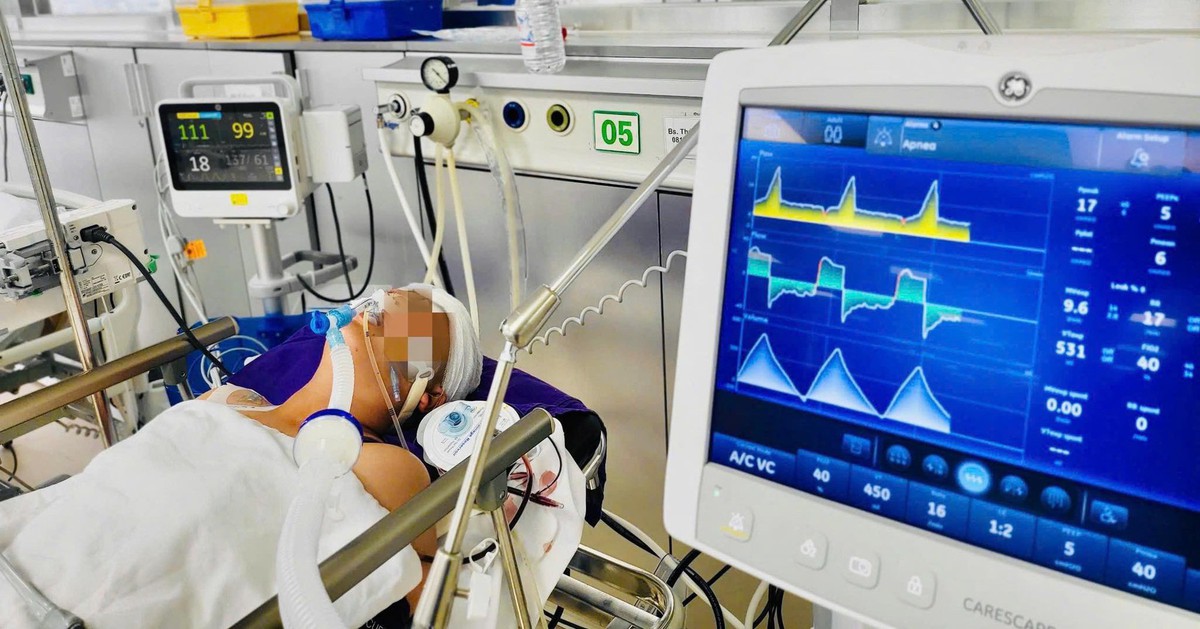
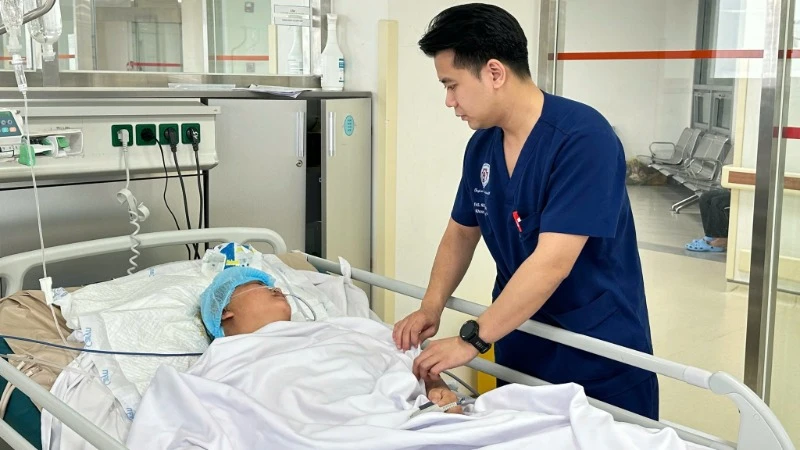

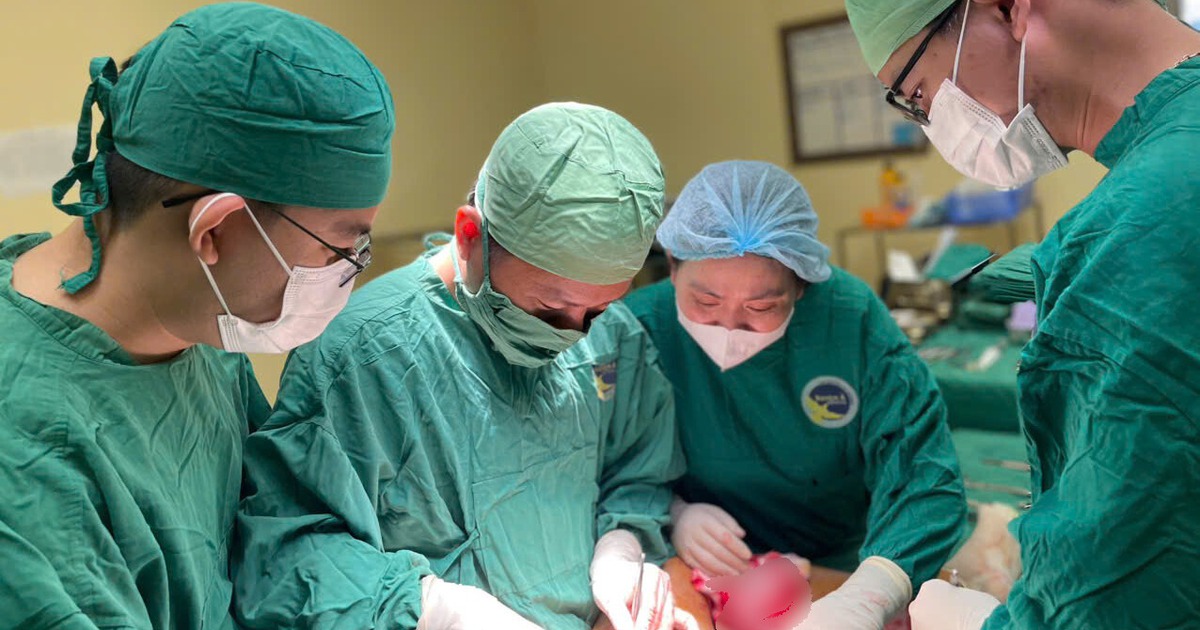









![[Photo] Summary of parade practice in preparation for the April 30th celebration](https://vstatic.vietnam.vn/vietnam/resource/IMAGE/2025/4/11/78cfee0f2cc045b387ff1a4362b5950f)















































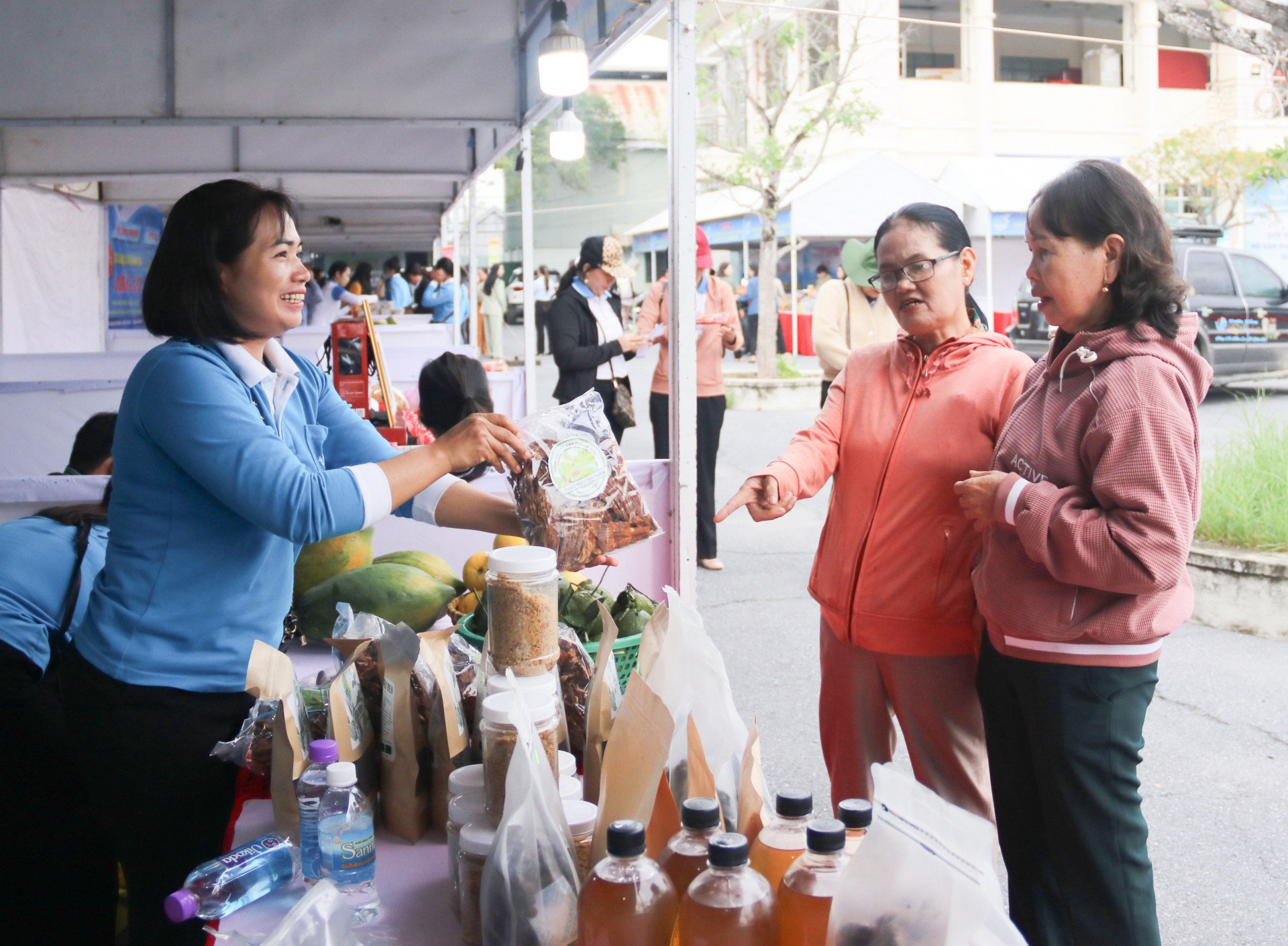













Comment (0)